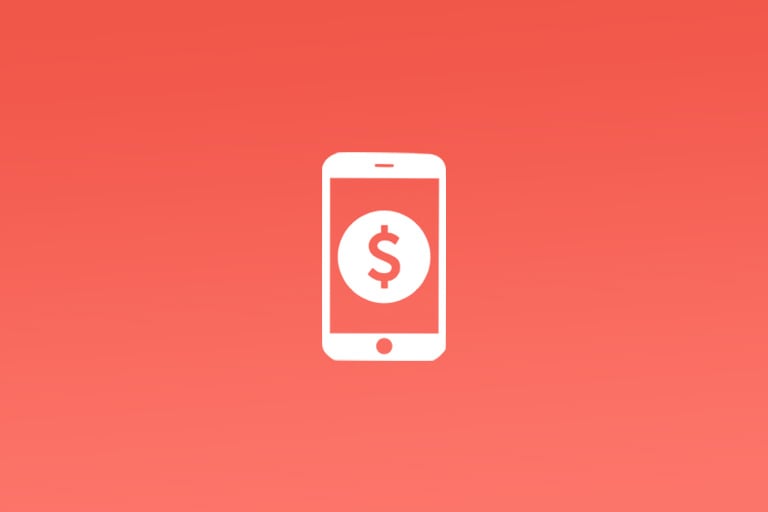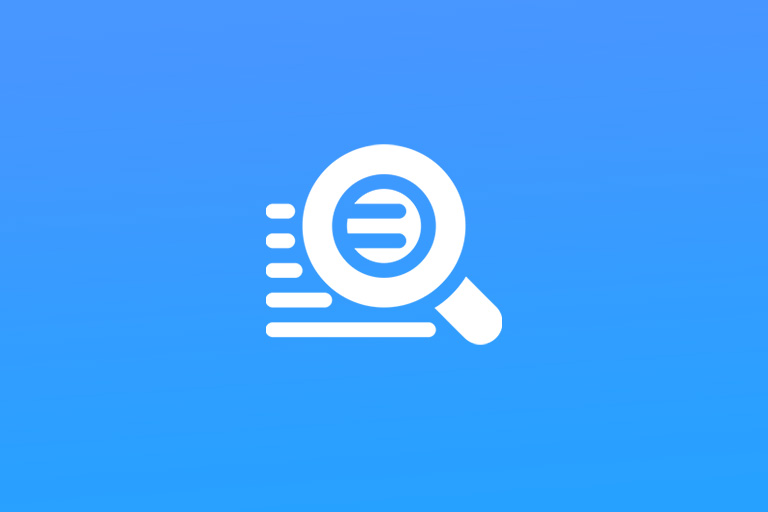What Is Predictive Analytics?
Predictive analytics is a branch of advanced analytics that uses historical data, statistical algorithms, and machine learning to forecast future outcomes. It involves analyzing past data patterns and trends to make predictions about future events, trends, or behaviors. Predictive analytics can be applied in various fields such as business, finance, healthcare, app marketing, and more.
Predictive Analytics In App Marketing
Predictive analytics in app marketing involves using historical data, statistical algorithms, and machine learning techniques to forecast user behavior, trends, and outcomes within mobile applications. Here's how it works:
- Data Collection: App marketers gather data from various sources such as app usage logs, user interactions, demographics, in-app purchases, and feedback.
- Data Preprocessing: The collected data is cleaned, normalized, and prepared for analysis. This may involve tasks like removing duplicates, handling missing values, and transforming data into a suitable format for analysis.
- Feature Engineering: Marketers create new features or variables from the existing data to enhance predictive accuracy. For example, they may calculate average session duration, frequency of app usage, or user engagement scores.
- Model Building: Using machine learning algorithms, marketers develop predictive models based on historical data. These models can predict user behavior such as app downloads, in-app purchases, churn rates, or engagement levels.
- Model Evaluation: Marketers assess the performance of predictive models using metrics like accuracy, precision, recall, and AUC-ROC. This helps determine how well the model can predict future outcomes.
- Deployment: Once validated, predictive models are deployed into the app's marketing strategy. They may be used to personalize marketing campaigns, optimize user acquisition efforts, or identify users at risk of churn.
- Continuous Improvement: Predictive models require ongoing monitoring and refinement. Marketers regularly update the models with new data to ensure they remain accurate and relevant in predicting user behavior.
By leveraging predictive analytics in app marketing, marketers can make data-driven decisions, personalize user experiences, optimize marketing strategies, and ultimately improve the app's performance and user satisfaction.
Continue reading: How To Use AI Machine Learning In Preditive Analytics For App Marketing?
Importance of Predictive Analytics in App Marketing
1. Enhanced User Retention
Predictive analytics helps identify users at risk of churning (i.e., leaving the app) by analyzing their behavior patterns. By understanding which users are likely to churn, marketers can implement targeted retention strategies such as personalized offers, timely notifications, and engaging content to keep users active and engaged.
2. Optimized User Acquisition
By analyzing data from current high-value users, predictive analytics can identify the characteristics of potential high-value users. This allows marketers to optimize user acquisition campaigns to attract similar users, ensuring that marketing efforts are focused on acquiring users who are more likely to engage with the app and make purchases.
3. Increased In-App Purchases
Predictive analytics can identify users who are likely to make in-app purchases based on their behavior and preferences. By targeting these users with personalized promotions and offers, marketers can increase the likelihood of conversions, thereby boosting in-app revenue.
Learn more: What Is In-App Purchases?
4. Personalized User Experience
Understanding individual user preferences and behaviors enables marketers to deliver personalized experiences. Predictive analytics can help segment users based on various attributes and predict what content or offers will resonate with them, enhancing user satisfaction and loyalty.
Learn more: What Is Personalization?
5. Data-Driven Decision Making
Predictive analytics provides a solid foundation for data-driven decision making. By relying on data insights rather than intuition, marketers can design more effective strategies, allocate resources efficiently, and make better-informed decisions that positively impact the app’s performance.
6. Competitive Advantage
Businesses that leverage predictive analytics can stay ahead of competitors by quickly adapting to market changes and user preferences. The ability to anticipate trends and respond proactively ensures that the app remains relevant and engaging, maintaining a competitive edge in the market.
Benefits of Predictive Analytics in App Marketing
1. Improved Campaign Effectiveness
Predictive analytics allows marketers to forecast campaign outcomes and adjust strategies in real-time. This ensures that marketing efforts are optimized for maximum impact, leading to higher ROI and more effective campaigns.
2. Better Resource Allocation
By identifying which users and segments are most likely to generate revenue, marketers can allocate their budgets more efficiently. This focused approach reduces waste and ensures that resources are invested in the most promising opportunities.
3. Enhanced User Engagement
Predictive analytics helps marketers understand what drives user engagement. By delivering personalized content and offers based on predictive insights, apps can maintain high levels of user engagement, leading to longer user lifetimes and increased loyalty.
4. Proactive Issue Resolution
Predictive analytics can identify potential issues before they escalate. For example, if the data indicates a drop in user engagement, marketers can investigate and address the root causes proactively, preventing larger problems down the line.
5. Increased Revenue
By optimizing user acquisition, retention, and in-app purchase strategies, predictive analytics directly contributes to increased revenue. Personalized marketing efforts lead to higher conversion rates and more satisfied users, ultimately boosting the app’s financial performance.
6. Informed Product Development
Insights from predictive analytics can inform product development by highlighting which features and content are most valued by users. This enables app developers to prioritize enhancements that will have the greatest positive impact on user experience and engagement.
Conclusion
In conclusion, predictive analytics plays a pivotal role in app marketing, offering marketers invaluable insights into user behavior and trends. By leveraging historical data and advanced analytical techniques, marketers can personalize user experiences, optimize marketing strategies, and drive app growth.
Get Professional App Marketing Service With FoxData
Ready to make your app shine? Optimize your app's visibility with FoxData, the ultimate ASO tool! Maximize downloads and rankings by leveraging our powerful insights today. Then, boost your digital presence with FoxAdvert, our expert digital marketing agency! Partner with our expert team for targeted advertising strategies that drive results. Let's get started!







